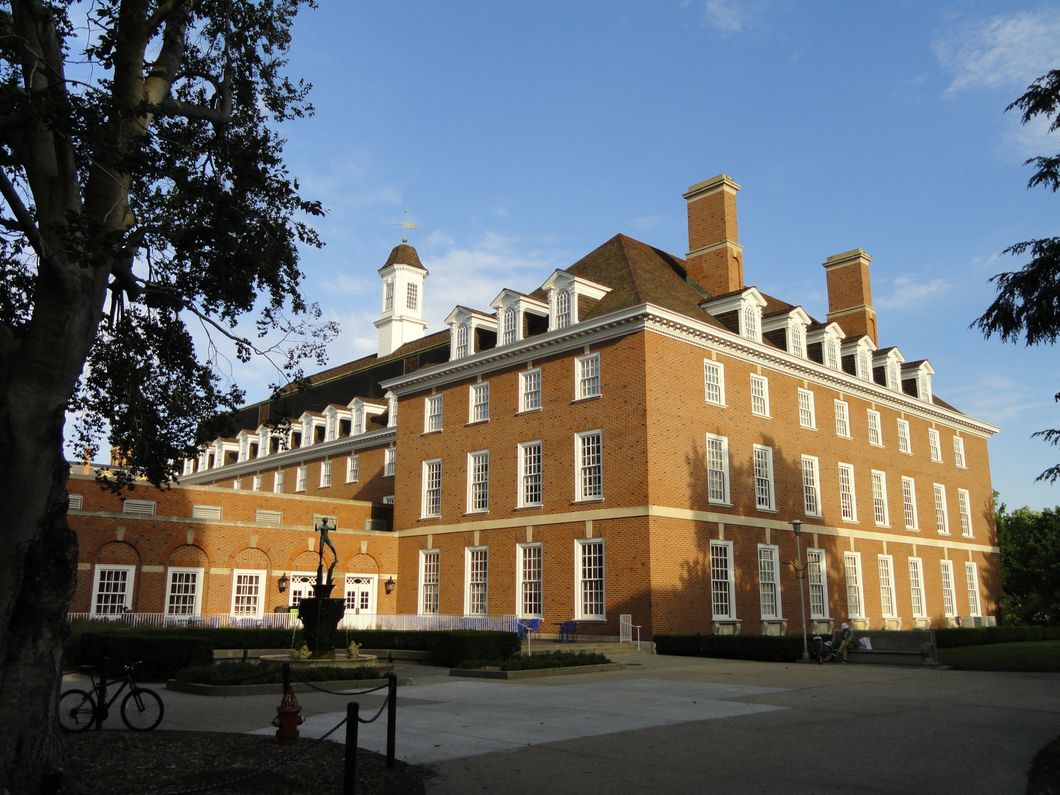Sexual harassment culture is extremely prevalent and subtly enforced in today's world. From dress code to rape cases, instances of sexual assault and harassment are unfortunately present everywhere. Apart from being wary and afraid whenever they go out alone or at night, women are now also expected to remain wary when they are out pursuing their education. Obviously, I believe that everyone has the right to be, and should be safe regardless of where they are and what they are doing. Unfortunately, we live in an imperfect world where that is not possible, regardless of who you are, what you look like, or what you identify as.
Seeing how commonplace instances of sexual misconduct are, it is a good thing that schools and universities are attempting to take it upon themselves to improve the lives and safety of their students. However, regardless of how much a university may care about their students, many rules and regulations remain in place that protect the positions of those who instigate sexual misconduct.
Earlier this year, an investigation was started at the University of Illinois at Urbana-Champaign, looking into the allegations of sexual harassment committed by a law professor at the U of I. The investigation found that law professor Jay Kesen violated the university's code of conduct and policies prohibiting sexual misconduct. This investigation began in July 2015 and was recently completed, involving the multiple complaints that the College had received regarding Kesan's behavior around female faculty members and students. The investigators spoke with three of the people who filed complaints, along with 38 witnesses including current and former students and staff members.
Sounds great, right? Well, not great, but, a university received complaints of sexual misconduct, opened an investigation, and concluded that the accused was guilty of the complaints filed.
Not quite. Yes, an investigation was carried out, but the results of it stopped just short of concluding that Kesan's actions actually fall under the category of sexual harassment and misconduct. On the bright side, at least it states that his actions have "certainly made the working and teaching environment uncomfortable for a countless number of female colleagues and students."
My question is: if the university can draw the conclusion that a professor has made countless women feel uncomfortable and unsafe, why can't they draw the conclusion that he violated codes of misconduct and fire him from his position?
The recommendations given to the College of Law mainly include some things along the lines of increased training and information given to all staff and faculty on reporting sexual misconduct. This is certainly helpful—maybe reporting such crimes would occur in a more timely manner if women weren't so afraid of academic and career-related repercussions from reporting their professor for inappropriate behavior? Maybe said inappropriate behavior would decrease or cease to occur altogether if cases such as these resulted in the accused being stripped of his status and career—a lack of severe consequences is not preventing him from doing it again, nor is it preventing anyone else from emulating his actions, especially if they know that they can attack women in a professional setting without any consequences.
I believe everyone has the right to be safe. I hope that someday, everyone else in this world will agree with me and prosecute those who serve no other purpose than to threaten the rights bestowed upon others.



















